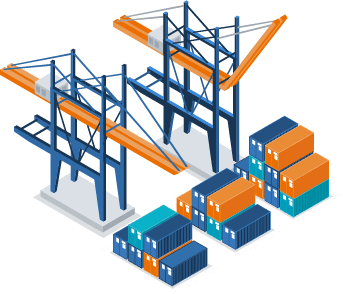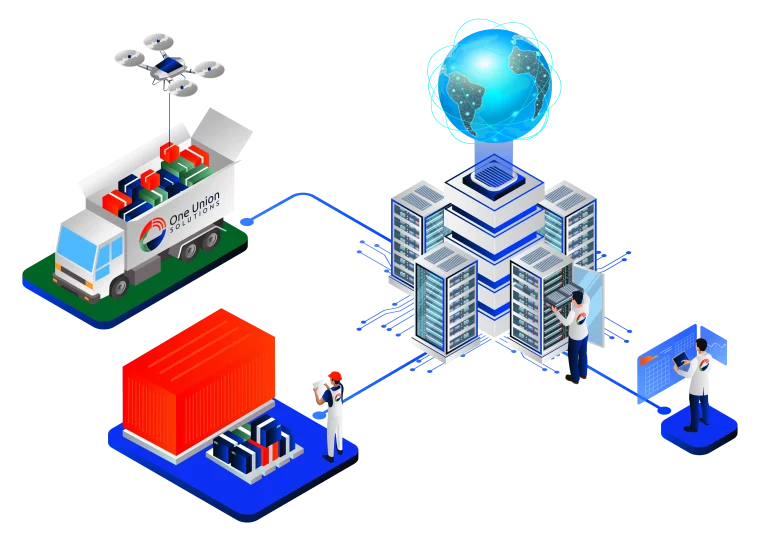Delivering IT And Telecommunications Equipment To China’s Many Markets
Tech Industry
PaaS, or Product as a Service, creates new challenges and possibilities for the IT industry. Customers may reduce their out-of-pocket expenses by leasing rather than purchasing equipment from an OEM. In addition, the OEM may keep the consumer engaged and the technology evolving by providing a wide range of service subscriptions and monthly data sharing.
Regarding standard items, not all OEMs are willing to lease them out. As a result, much like a platform as a service (PaaS) without leasing, Handling Specialty offers service agreements. It gathers IIoT data to react quickly to potential issues, decreasing assembly or MRO plant downtime. Unlike Product as a Service, which would solely profit the producer, the services and intelligence embedded into custom-made equipment benefit both the manufacturer and the end user.
The Medical Industry
Only with top-notch medical gear can Chinese hospitals provide top-notch treatment to their patients. If you can satisfy the Chinese government’s regulations, importing medical equipment won’t be a problem. Medical equipment importers into China must also pay all applicable customs fees and taxes. Finding a trustworthy Importer of Record (IOR) who is conversant with these regulations and can swiftly deliver your medical goods is crucial.
Aviation Industry
Before importing equipment, the aviation sector must meet the safety norms and regulations set out by Transport China. The aviation industry requires many specialized permits, licenses, and certificates. When bringing aviation equipment into China, adhering to CARs and Transport China’s rules is crucial. Cooperation with Transport China and other organizations is essential for managing the aviation industry’s complex regulations.
Automotive Industry
Designing and testing the hundreds of components needed in automobile manufacturing might be expensive and time-consuming. The time and money saved by using digital twin technology make it invaluable. Just what is a digital replica? Thanks to the virtual world, analysts, engineers, and scientists may explore real-world issues in a low-cost, risk-free setting.
By mimicking the vehicle’s or part’s behavior in a digital environment, digital twin technology reduces the cost of testing. The car business may benefit significantly from this. Twin technology also has use in the testing of modifications, upgrades, and repairs.


